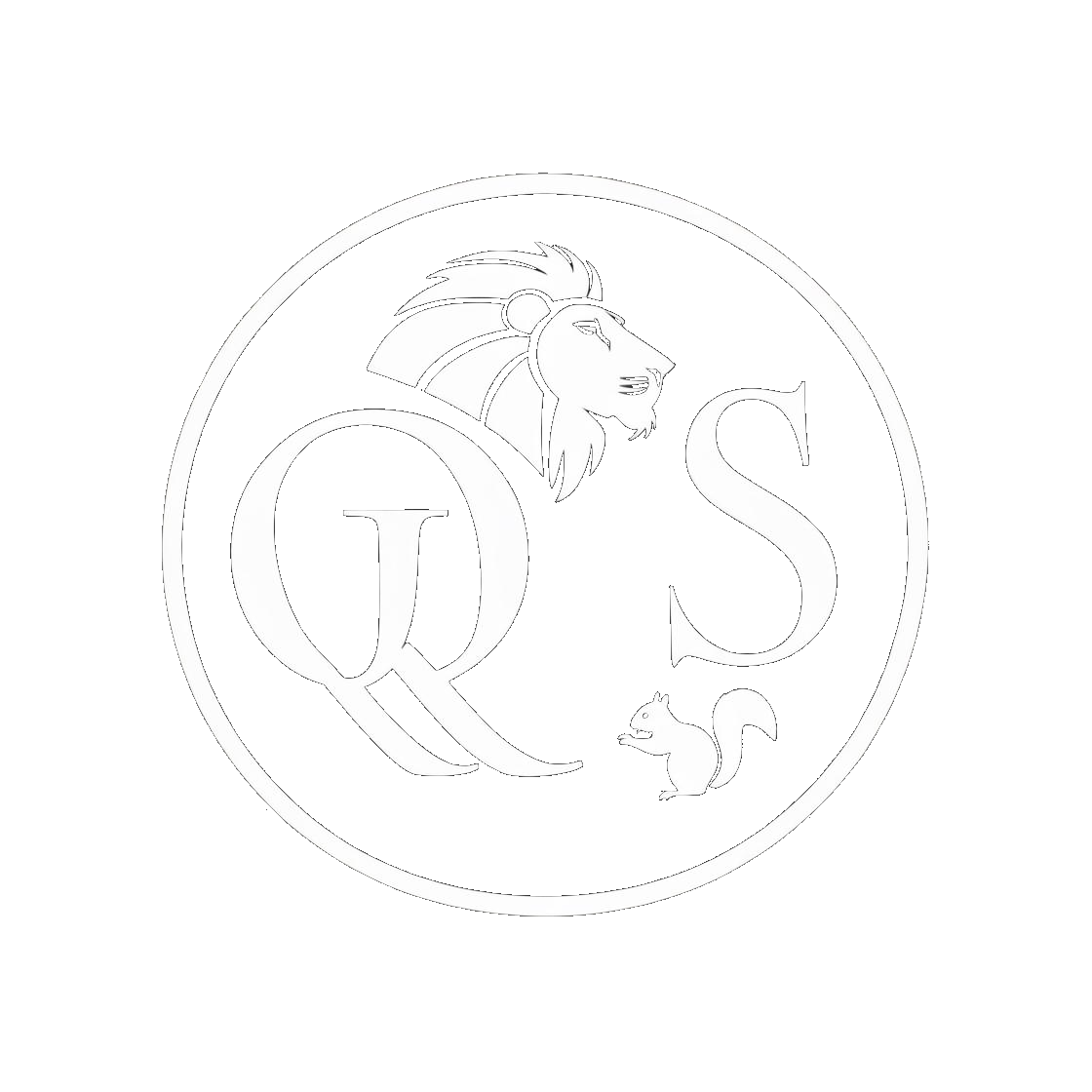The Ethical Salesperson: Myth, Joke, or Missed Opportunity?
When I think about ethics in sales, I see it as one of the hardest disciplines to get right.
There’s this old adage—salespeople have no soul. That perception of sales being manipulative or cunning still lingers. But I don’t think it holds up anymore.
The more business development folks I speak with on my podcast, the more I’m realizing that a shift is happening. There’s a growing movement toward integrity-driven, consultative sales. It's not about squeezing every last dollar from a partner. It's about building real, long-term relationships where everyone walks away with a win. Because that’s the only way you actually grow in any industry—you build trust.
Yes, this is a theme I return to often in my writing. But that’s because it keeps showing up in real-life scenarios. Every time someone withholds information in a deal, avoids the truth, or spins it in a way that hides a potential drawback, it chips away at trust. And to me, that’s the same as lying by omission.
A relationship built on that kind of shaky ground won’t hold.
Profit margins exist. Of course they do. When I walk into a Walmart and buy a board game, I understand that Walmart is taking a 60% margin. Distributors take their cut. Manufacturers do too. The studio that actually made the game? They're left with nickels on the dollar. That’s how business works. As a consumer, I get that. We all do.
But on the flip side, when we’re selling, we also need to understand the buyer’s perspective. They’re not just handing over cash. They’re making trade-offs. Even if there’s no fixed cost on their end, there are opportunity costs. Time, energy, internal alignment, other priorities—they’re all on the table.
Take conventions, for example. Buying booth space isn’t just a line item. It includes travel, food, team logistics, operational disruption, and weeks—if not months—of planning. A good salesperson should understand and name those costs with the client. Not to scare them off, but to show them you get it. That you’re in it with them.
Because the worst outcome? A customer who switches to you—and regrets it.
People are far more likely to complain than to praise. So when someone does take the time to compliment you, it means you’ve done something genuinely impactful. You’ve delivered value so real, they chose to speak up. That’s not free—it costs them time, thought, attention.
But when you mess up? Criticism comes fast and easy. Why? Because complaining feels like a gain. It gives them a way to vent and rebalance the scales.
As business developers, we need to hold that in mind. It’s not about avoiding mistakes altogether—that’s impossible. It’s about doing the honest work upfront so that when someone chooses to work with you, they feel proud of the decision.
That’s what builds longevity. That’s what builds trust.
Lesson Summary:
Ethical sales isn’t a myth or a joke—it’s a missed opportunity for anyone chasing short-term wins. When you lead with honesty and respect the full cost of your client’s decisions, you build partnerships that actually last.
